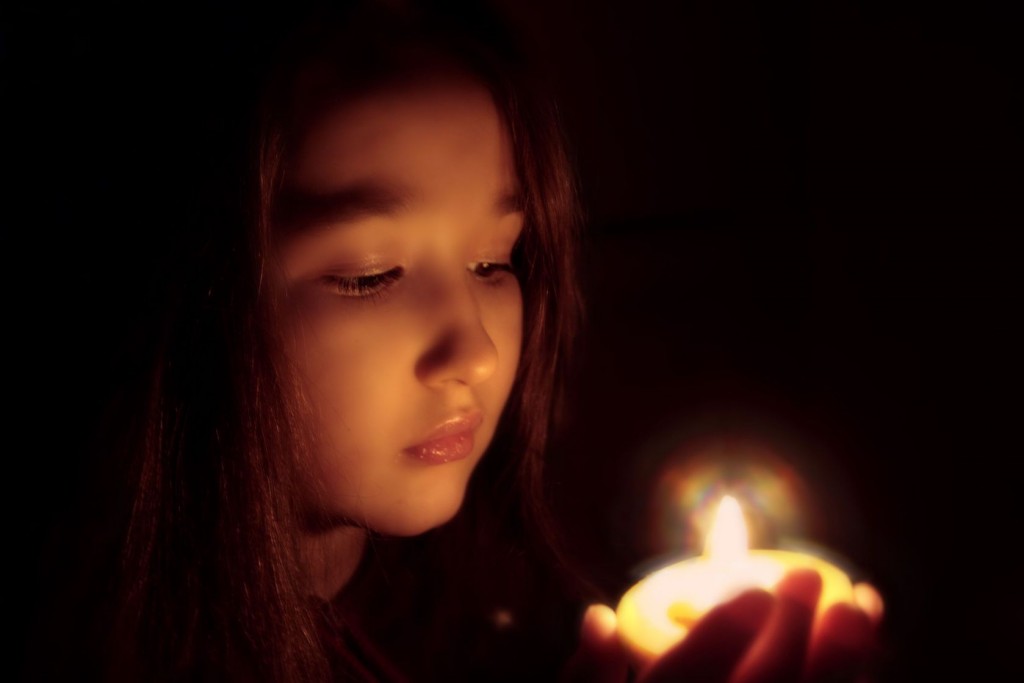I’m concerned that people are less equipped to deal with death today than ever before. Because it’s painful, so much of what happens when a person dies takes place behind the scenes. It’s a stark contrast to just decades ago when a family member who’d died would lie in state in the parlor of the family home before burial.
I’m not suggesting we return to that, but I do feel that death is a part of life. And we owe it to our kids to help them learn to process death in a healthy way.
The first death I remember of someone I knew was a classmate when I was 9 years old. We went to the same church as well. He died of leukemia. I’d grown up on a farm and had seen many farm animals and pets die. But a person I’d known was different.
I’ve experienced the deaths of more family members and friends than I’d expected. I’ve learned a lot about the grieving process. But it still hurts.
It’s tough enough for us as adults to deal with the loss of a friend or family member. As parents, we naturally want to shelter our kids from pain of any kind. So how do we help them deal with the reality of death in a helpful way without isolating them?
It’s a big subject. Age of the child and other circumstances need to be considered. Yet here are a few general things to keep in mind to help your kids mourn the death of a loved one.
- Create openness to communicate feelings. Loss is emotional first. There will be time to discuss rationally but at first when a child learns of the death of a loved one, allow them to process emotionally. Give permission to describe what they’re feeling: sorrow, anger, confusion—whatever. Let them know it’s okay to feel those things and that they can talk openly to you. And crying is always okay—in fact, it’s one of the most helpful things for healing.
-
Grieving is a process. The closer the relationship, the longer the process. You can’t rush it, circumvent it, or take short cuts—so don’t. It can’t be reduced to a one-time conversation or event. It comes in waves—often catching a person by surprise. So it’s important with a child to keep the door open for conversation, to ask questions, to continue discussing feelings. The waves of grief become more spread out and less in impact, but they can still come weeks and months later. Don’t suppress them when they come.
-
Keep them talking. The worst thing a person can do is to not talk about the person who has died. Sometimes we think we’re helping a child by not talking about the loved one. That’s understandable but definitely not helpful. The best thing to do is talk about the person. What he was like. Things she would do. Tell stories, relive memories. And laugh! Laughing may turn to tears but it is worth it.
-
Keep an eternal perspective. For those of us who have the hope of everlasting life in God’s presence because of faith in Jesus Christ, death is never an end. It is a great opportunity to reinforce to our kids the hope that we have and the importance of making the most of our today’s for God’s purposes and others’ benefit.
The main point is to accept the fact that death is a part of life. Keep your kids close and talking. Help them learn that grieving the loss of another is important though painful for a season. Celebrate the lives of loved ones and keep their memory alive. And emphasize the value of family and friends, making the most of today.
Question: What has been helpful in helping your child deal with the loss of a loved one? Share your answer in the comments below.
